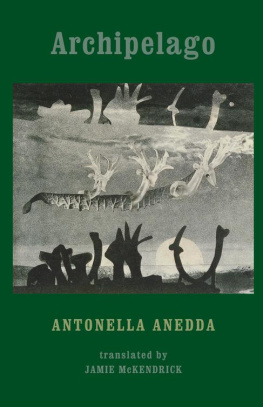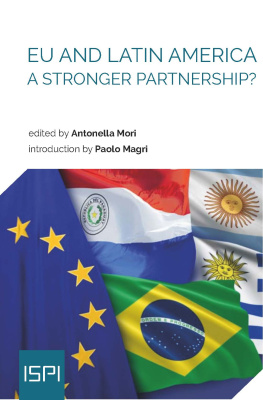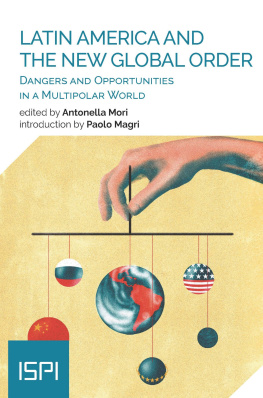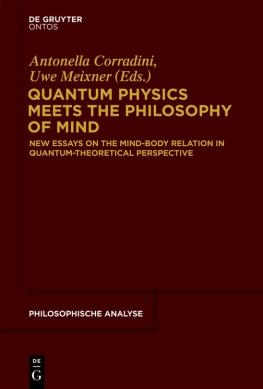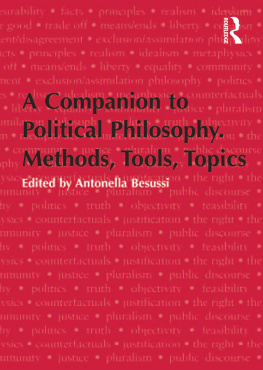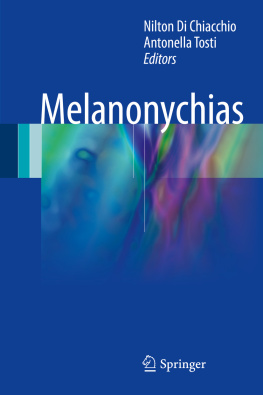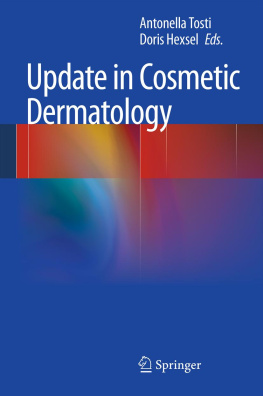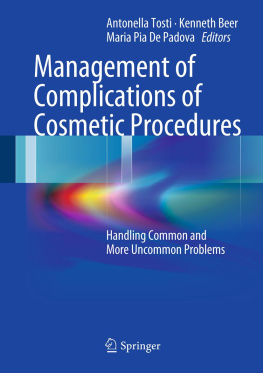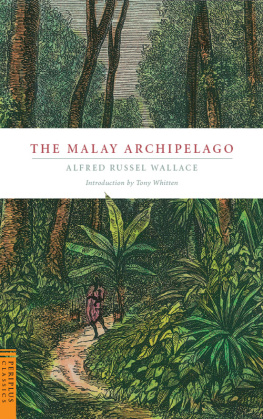Antonella Anedda - Archipelago
Here you can read online Antonella Anedda - Archipelago full text of the book (entire story) in english for free. Download pdf and epub, get meaning, cover and reviews about this ebook. year: 2014, publisher: Bloodaxe Books, genre: Detective and thriller. Description of the work, (preface) as well as reviews are available. Best literature library LitArk.com created for fans of good reading and offers a wide selection of genres:
Romance novel
Science fiction
Adventure
Detective
Science
History
Home and family
Prose
Art
Politics
Computer
Non-fiction
Religion
Business
Children
Humor
Choose a favorite category and find really read worthwhile books. Enjoy immersion in the world of imagination, feel the emotions of the characters or learn something new for yourself, make an fascinating discovery.
- Book:Archipelago
- Author:
- Publisher:Bloodaxe Books
- Genre:
- Year:2014
- Rating:4 / 5
- Favourites:Add to favourites
- Your mark:
- 80
- 1
- 2
- 3
- 4
- 5
Archipelago: summary, description and annotation
We offer to read an annotation, description, summary or preface (depends on what the author of the book "Archipelago" wrote himself). If you haven't found the necessary information about the book — write in the comments, we will try to find it.
Archipelago — read online for free the complete book (whole text) full work
Below is the text of the book, divided by pages. System saving the place of the last page read, allows you to conveniently read the book "Archipelago" online for free, without having to search again every time where you left off. Put a bookmark, and you can go to the page where you finished reading at any time.
Font size:
Interval:
Bookmark:
ARCHIPELAGO
translated by Jamie McKendrick Poetry Book Society Translation Choice Archipelago is a bilingual selection of poems by the leading Italian poet Antonella Anedda drawn from five collections she has published in Italy. Her poetry has a searing, disruptive quality, an honesty that is hard won. Her words have the air of breaking the silence reluctantly, and they keep the silence with them. This stringent, ferrous element sets her at odds with the eloquence and lyricism characteristic of the Italian poetic tradition, and may owe something to an alternative nationality, a different landscape. Though born in Rome (in 1958), she comes from a Sardinian family and has passed a great deal of her life between the capital and a small island, La Maddalena, off the coast of Sardinia. The languages she was brought up hearing were Logudorese, Catalan from Alghero, and Corsican French mixed with the dialect of La Maddalena and of late she has found herself also writing a number of poems in Logudorese.
While her poems have a geographical sweep, there is also an insistence on domestic detail balconies, crockery, sewing, cooking: elements often considered too humble to warrant poetic attention. But even here they are often set against a backdrop of war and insecurity, and a poem in these surroundings, such as her Kitchen, is as likely to be the site of a haunting. Her first book, Winter Residences, already posited an elsewhere, that of St Petersburg, and an elective affinity with another culture. With time, and with the emergence of her next four books of poetry, this sense of apartness has increased, as has the force and particularity of her language and has made her, along with Valerio Magrelli, one of the most valued and original poets of her generation. COVER COLLAGE Sea Serpent (1937) by Hannah Hch INSTITUT FR AUSLANDSBEZIEHUNGEN E. V.
STUTTGART DACS, LONDON 2014
Antonella Anedda in her first book of poems would seem to have taken this perspective to heart, along with its final stanza: For the listener, who listens in the snow, And, nothing himself, beholds Nothing that is not there and the nothing that is. Its title Residenze invernali (Winter Residences, 1992), could hardly strike a less Italian note and in fact these dwellings appear to be sited mostly in some northern zone, a St Petersburg of the soul, as though Tsarskoye Selo has been crossed with an ancient, dilapidated hospital in Rome. They are dream interiors dream bordering on nightmare and at the same time they have the frosty clarity of Joseph Cornells Setting for a Fairy Tale, a detail from which she would later use in her prose book La vita dei dettagli. The inmates or patients of these imagined hospital wards are ailing or dying, deprived almost of movement or communication though they may signal as from distant boats to each other. Not only is the weather inclement and un-Mediterranean, but the spiritual atmosphere is senescent, reduced and bitten back to the core. Its a curious debut for a poet not yet 30 years old.
It has more affinities with Anna Akhmatova and Osip Mandelstam, perhaps even with Marina Tsvetaeva, than with the Italian lyrical tradition, even that lineage of poets like Franco Fortini and Amelia Rosselli who, following Montale, have sought to challenge it. The Russian Acmeists are not so much a direct influence as an example and the same could be said of Philippe Jaccottet, whose collection La Semaison (mixing prose and poetry) she translated into Italian. The opening of one of his prose pieces Lattachement soi augmente lopacit de la vie sounds a warning note that will recur in her own poems. If the perspective of Aneddas first book of poems was Eastern European, the title of her second, Notti di pace occidentale (1999), signals an apparent move westward though it retains the sense of an outsiders, even a foreigners view. The poems were written in the wake of the first Gulf War and of the break up of the former Yugoslavia the latter a war very close to Italys borders and involving territories such as Slovenia with an intimate connection to Italy, and so the Western peace it speaks of carries a bitter irony and a distinct uneasiness. As she writes in an afterword: The idea that lingers in the title is that of the West surrounded by apparently concluded wars and of a Europe which is not living in peace but in a frightened truce.
La tregua (the title of Primo Levis sequel to If This Is a Man) is a recurrent word in Aneddas lexicon sometimes literally a truce, sometimes meaning a space for repose, or more idiomatically a relief) and the eponymous section first appeared under the title Versi per una tregua. Is this a peace only maintained by exporting war to other places? A delusion or a deception? All of these questions are in play throughout the book, which has a decisive, if exhausted, tone of civic and ethical engagement. As Ive begun by considering the titles of Aneddas first two books, it may be helpful to offer some notes of a similar kind on the succeeding three volumes to date. Il catalogo della gioia (Catalogue of Joy, 2003), Aneddas third collection, again presents an ambiguous title, but its references to the Zohar and its epigraph from the Hasidic Rabbi Nachman of Breslov (To someone who asked him what difference there was between being sad and having a broken heart, Nachman replied that to have a broken heart was not an impediment to joy) strongly suggests a movement towards a poetics which might counter the bleaker landscapes that preceded it. The concluding sequence on La Maddalena, an island off Sardinia, puts this island perspective further into the foreground of her poetry; dream, memory and reality are all reconfigured in this archipelagic setting. The title of her fourth volume, Dal balcone del corpo (From the Bodys Balcony, 2007), may be recalling her own earlier poem from Notti di pace occidentale: I see from the darkness / as from the most radiant balcony, but the image in both cases recalls Baudelaires famous sonnet Recueillement with its self-estranged and paradoxical consideration of suffering: Sois sage, ma Douleur, et tiens-toi plus tranquille, and more particularly its architecture of the psyche: Vois se pencher les dfuntes Annes, / Sur les balcons du ciel, en robes suranne in Robert Lowells translation: Look, the dead years dressed / in old clothes crowd the balconies of the sky (though that misses the slightly sinister or perilous way the years lean out over the skys balconies).
The books initial working title was Cori (Choruses) there are a number of poems simply entitled Coro and perhaps here more than before in Aneddas work, as from a balcony, we hear the voices and the lives of others. Although some critics saw the title as indicating a feminist slant to the work, Anedda in an interview has remarked that she hadnt considered this body as having a specific gender, but that, in reference to a statement by Husserl, all of us lean out from our own body as from a balcony, attached to an interior yet suspended above something, unable properly to turn around. Salva con nome (2012), her fifth volume, has yet another ambiguous title. The phrase corresponds, as a computer direction, to the English Save As but may also be read as an imperative (second person singular) save with the name as well as a third person indicative he/she saves by naming. The book opens with the prose poem Il Componidori (a figure in a Sardinian festival who sheds his actual name and gender) and ends with a visual collage composed of pieces of anonymous faces. * * * The ambivalence that I noted Anedda has towards the Italian lyric tradition rich and various as it undoubtedly is has become, if anything, more marked with each new collection. * * * The ambivalence that I noted Anedda has towards the Italian lyric tradition rich and various as it undoubtedly is has become, if anything, more marked with each new collection.
Font size:
Interval:
Bookmark:
Similar books «Archipelago»
Look at similar books to Archipelago. We have selected literature similar in name and meaning in the hope of providing readers with more options to find new, interesting, not yet read works.
Discussion, reviews of the book Archipelago and just readers' own opinions. Leave your comments, write what you think about the work, its meaning or the main characters. Specify what exactly you liked and what you didn't like, and why you think so.

